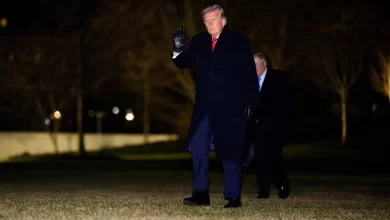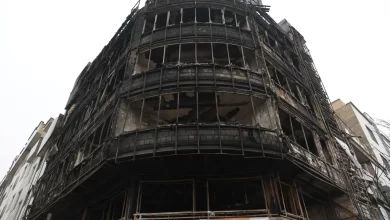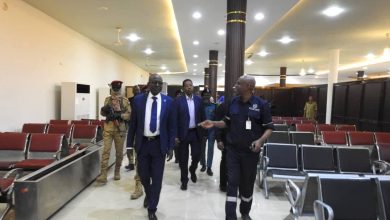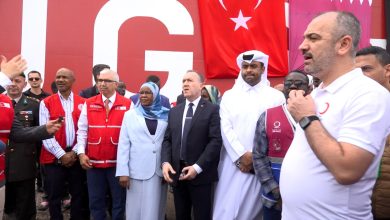InternationalNews
Fears of Escalating Crisis in Georgia as Pro-Moscow Right-Winger Elected President
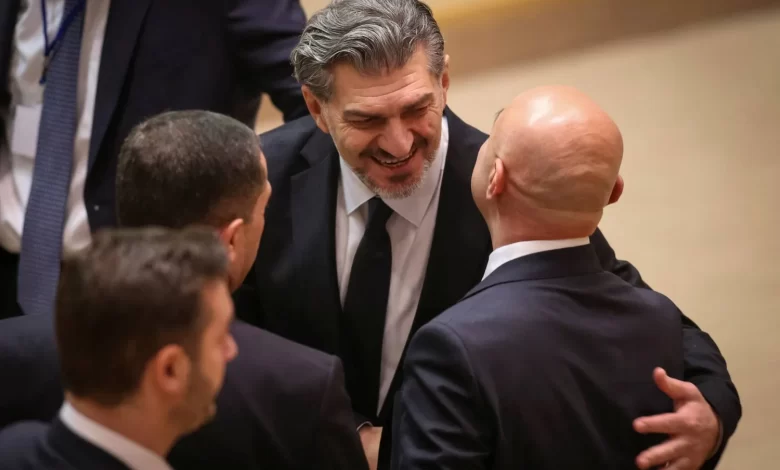
The political crisis in Georgia may deepen following the election of Mikheil Kavelashvili, a right-wing former footballer and pro-Moscow figure, as the country’s president. His appointment, backed by the ruling Georgian Dream Party, comes amid pro-European Union protests.
Kavelashvili, closely aligned with Moscow, was elected president on Saturday by the ruling party’s lawmakers in a contentious process. Critics claim this is a blow to Georgia’s aspirations of joining the European Union. Incumbent President Salome Zourabichvili declared the vote “illegitimate” and refused to step down.
Zourabichvili, a pro-Western leader who has served as president since 2018, vowed to remain in office until new elections are held. Her six-year term officially ends on Monday.
Giorgi Kalandarishvili, head of the Central Election Commission, announced that the electoral college—dominated by the Georgian Dream Party and boycotted by the opposition—had elected Kavelashvili with 224 votes to serve a five-year term.
The 53-year-old Kavelashvili’s victory was a foregone conclusion, given Georgian Dream’s control of the 300-seat electoral body, which replaced direct presidential elections in 2017. Georgian Dream maintained its hold on parliament following the October 26 elections, despite allegations of vote-rigging and Russian interference.
Since then, pro-Western opposition parties have boycotted parliamentary sessions, demanding new elections. Georgian Dream has pledged to continue pursuing EU membership but also seeks to “reset” relations with Russia.
In 2008, Russia fought a brief war with Georgia, leading to Moscow’s recognition of two separatist regions, South Ossetia and Abkhazia, and the bolstering of Russian military presence in those areas.
Critics accuse Georgian Dream, founded by billionaire Bidzina Ivanishvili, who made his fortune in Russia, of increasingly authoritarian tendencies and leaning towards Moscow—a charge the party denies.
The party’s recent decision to suspend talks on EU membership further angered the opposition and sparked protests.
On Friday night, demonstrators gathered peacefully outside the parliament in Tbilisi, in contrast to earlier protests marked by violent clashes since they began on November 28.
By Saturday morning, hundreds of protesters braved cold and snowy weather to converge near the parliament ahead of the presidential appointment. Some brought footballs and academic certificates to mock the incoming president.
One protester, Tinatin Macharashvili, waved her journalism degree and remarked: “Our president should not be someone without a university degree. He represents our country’s image.”
